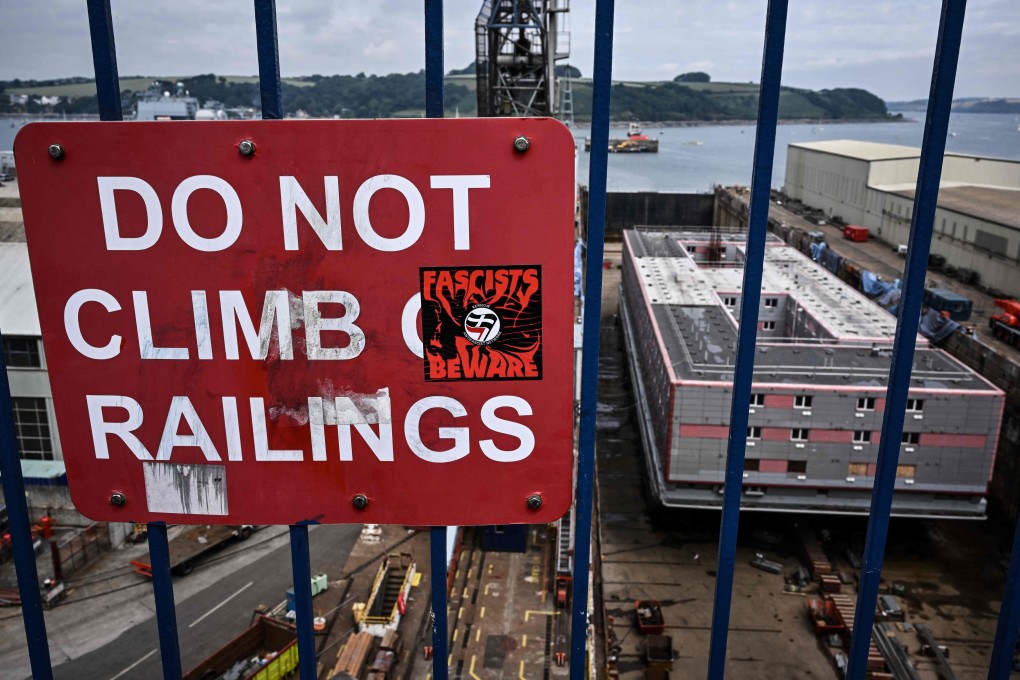UK braces for new waves of Channel asylum seekers with barge and barracks plan
- Channel crossings by people in small boats number more than 11,000 in 2023 so far
- Thousands are being housed in hotels, costing the UK almost US$7.5 million a day

The UK is expecting the arrival of thousands more asylum seekers in small boats, and has announced numerous plans to move undocumented migrants to unused military bases and large accommodation barges.
UK Home Office figures showed that more than 11,000 people have made the Channel crossing so far in 2023, including about 3,300 this month amid warm weather.
Sunday, June 11 saw the highest number of crossings on a single day this year, with 549 people making the risky Channel journey on dinghies and old fishing boats.
Asylum seekers seem undeterred by a UK Conservative government pledge to “stop the boats” and send some illegal arrivals to Rwanda. Last year, an unprecedented 45,755 people were recorded making the Channel crossing from France. That is up from 28,000 in 2021 and 8,500 people in 2020.

Around half of those seeking to come to the UK are from conflict zones, with Afghanistan topping the list. While a surge in Albanians last year has since declined, Indians are among recent arrivals, according to the Home Office.
The European Union is the other favoured destination for asylum seekers crossing the Mediterranean, the most dangerous migrant sea route in the world.